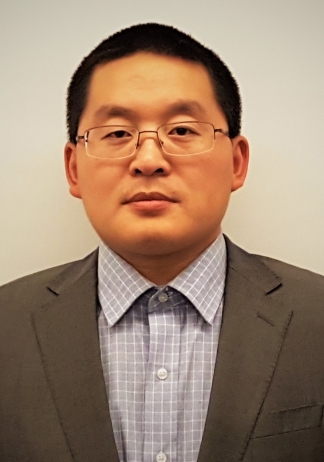The Alumnus,Cui-Zu Chang named Alfred P. Sloan Research Fellow
The Alumnus of Physics Department, Cui-Zu Chang, who got his doctoral degree in Tsinghua in 2013 and is now an assistant professor of physics in the Pennsylvania State University, has been honored with an Alfred P. Sloan Research Fellowship. The Sloan fellowships are prestigious and competitive awards given to promising young researchers in the early stages of their careers, in recognition of their research accomplishments.

Chang is among 126 outstanding researchers selected from 53 colleges and universities in the U.S. and Canada to receive 2018 Sloan Research Fellowships.
According to the Sloan Foundation, the fellowships, awarded yearly since 1955 to tenure-track, early-career faculty in eight scientific fields, “honor early-career scholars whose achievements mark them as among the very best scientific minds working today.”
Chang studies topological materials that allow electrons to move along their surface but not in their interior. He experimentally demonstrated for the first time the quantum anomalous Hall Effect in a magnetically doped topological insulator film in 2013, where impurities were intentionally introduced to impart magnetism. This work was featured in the scientific background of the 2016 Nobel Prize in Physics honoring Duncan Haldane. The quantum anomalous Hall effect is a phenomenon where electrons in a two-dimensional plane have dissipation-free current—similar to a superconductor — that is incredibly resistant to change and is driven by internal remnant magnetism, and its realization has potential applications for reducing power consumption in future electronic and spintronic devices. Chang is also interested in interface superconductivity — the phenomenon of zero electrical resistance on the interface between two solid materials.
Chang’s academic achievements have been honored with the Young Scientist Prize from the International Union of Pure and Applied Physics in 2017, and the Dimitris N. Chorafas Foundation Award in 2013. He has published more than 50 scientific papers in journals including Science, Nature Materials, Nature Nanotechnology, Nature Physics, Nature Communications, and Physical Review Letters.